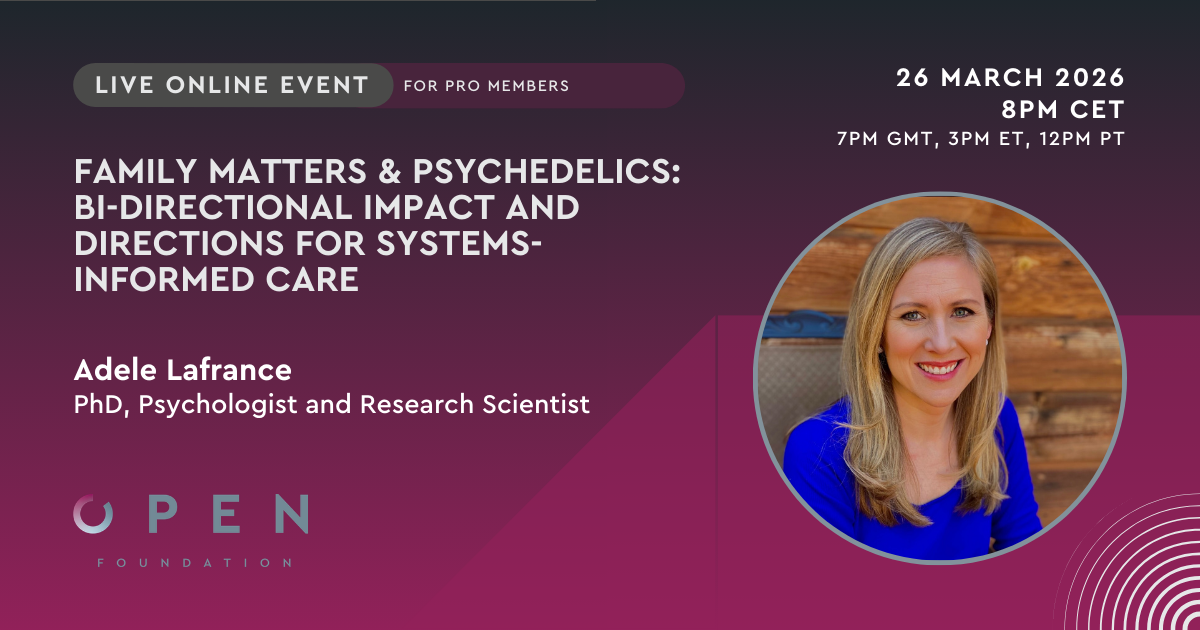Abstract
Clinical studies have reported that the psychedelic lysergic acid diethylamide (LSD) enhances empathy and social behavior (SB) in humans, but its mechanism of action remains elusive. Using a multidisciplinary approach including in vivo electrophysiology, optogenetics, behavioral paradigms, and molecular biology, the effects of LSD on SB and glutamatergic neurotransmission in the medial prefrontal cortex (mPFC) were studied in male mice. Acute LSD (30 μg/kg) injection failed to increase SB. However, repeated LSD (30 μg/kg, once a day, for 7 days) administration promotes SB, without eliciting antidepressant/anxiolytic-like effects. Optogenetic inhibition of mPFC excitatory neurons dramatically inhibits social interaction and nullifies the prosocial effect of LSD. LSD potentiates the α-amino-3-hydroxy-5-methyl-4-isoxazole propionate (AMPA) and 5-HT2A, but not N-methyl-D-aspartate (NMDA) and 5-HT1A, synaptic responses in the mPFC and increases the phosphorylation of the serine-threonine protein kinases Akt and mTOR. In conditional knockout mice lacking Raptor (one of the structural components of the mTORC1 complex) in excitatory glutamatergic neurons (Raptor f/f :Camk2alpha-Cre), the prosocial effects of LSD and the potentiation of 5-HT2A/AMPA synaptic responses were nullified, demonstrating that LSD requires the integrity of mTORC1 in excitatory neurons to promote SB. Conversely, in knockout mice lacking Raptor in GABAergic neurons of the mPFC (Raptor f/f :Gad2-Cre), LSD promotes SB. These results indicate that LSD selectively enhances SB by potentiating mPFC excitatory transmission through 5-HT2A/AMPA receptors and mTOR signaling. The activation of 5-HT2A/AMPA/mTORC1 in the mPFC by psychedelic drugs should be explored for the treatment of mental diseases with SB impairments such as autism spectrum disorder and social anxiety disorder.
De Gregorio, D., Popic, J., Enns, J. P., Inserra, A., Skalecka, A., Markopoulos, A., Posa, L., Lopez-Canul, M., Qianzi, H., Lafferty, C. K., Britt, J. P., Comai, S., Aguilar-Valles, A., Sonenberg, N., & Gobbi, G. (2021). Lysergic acid diethylamide (LSD) promotes social behavior through mTORC1 in the excitatory neurotransmission. Proceedings of the National Academy of Sciences of the United States of America, 118(5), e2020705118. https://doi.org/10.1073/pnas.2020705118













